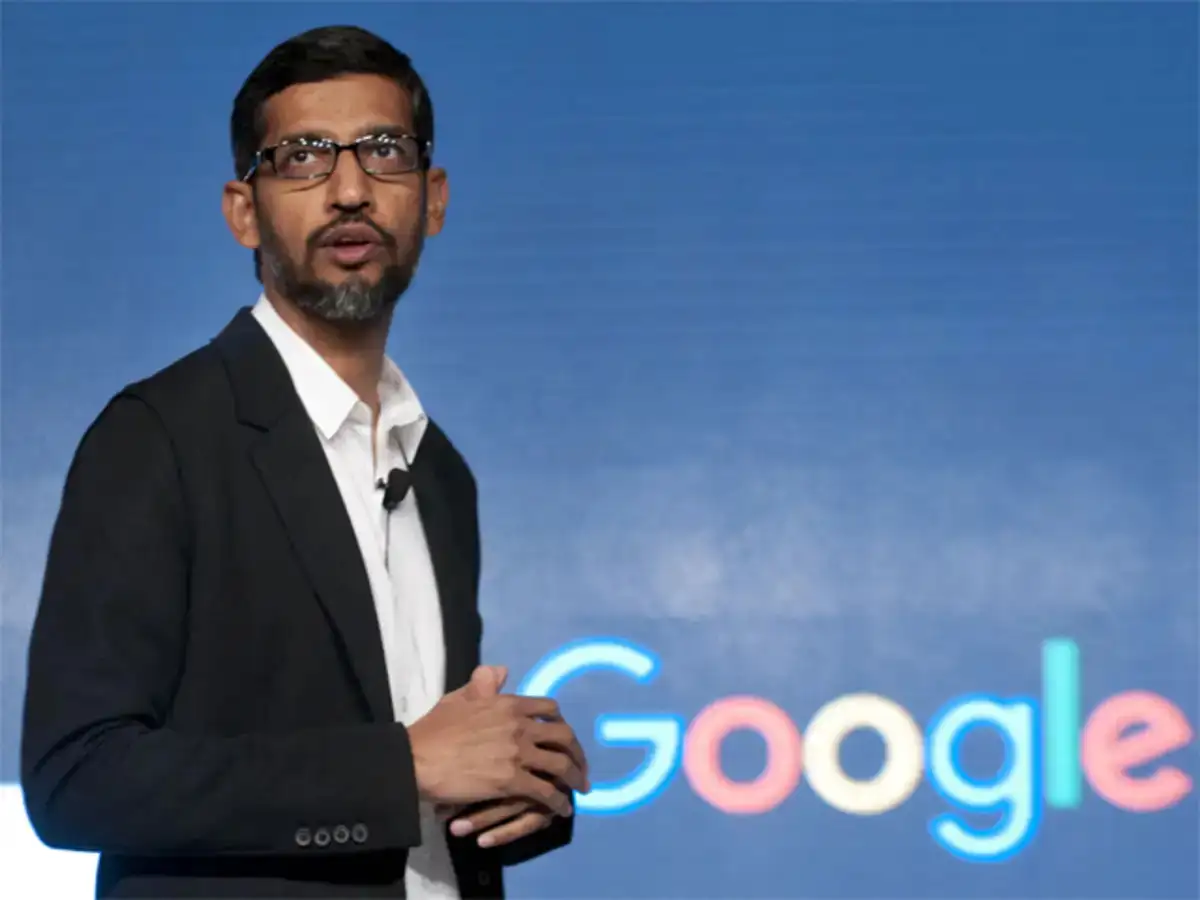By Alexis Kayser
Copyright newsweek

Jeff Tangney was in the right place at the right time.It was the year 2000, and Tangney, a statistical programmer, was furthering his education at the Stanford Graduate School of Business. His roommates were medical residents at the “steep end of their learning curve,” as Tangney tells it. Mobile phones didn’t have the capabilities that they do today; no one had synthesized the world’s medical knowledge in a pocket-friendly format.Tangney watched his roommates leave for work each day with armfuls of books, until the innovative bunch decided that there had to be a better way. So they got to work building an app. Little did they imagine that their dorm-room project would eventually grow into Doximity, an information, networking and administrative support platform that today is worth more than $13.8 billion—and is used by more than 2 million licensed medical professionals in the U.S., including 8 in 10 physicians.”The joke is [my roommates] held me down and forced me to code an app for them,” Tangney told Newsweek. “They didn’t have to hold me down, though one of them did say, ‘hands on keyboards’ a few times to me.”There was a little luck involved, he said. It was prime time to launch a mobile app, sandwiched between the Blackberry craze and the birth of the iPhone.But it was the team’s intuition that really propelled them into the limelight. In 2000, they already held a belief that the health care industry is still working to implement in 2025: technologists are essential to health care improvement and need to work in tandem with clinicians.”Docs and dorks, we joked, were the ways to actually change health care, to have technologists and physicians working together,” Tangney said. “And so, yeah, our dorm room was very productive.”Building a pocket-sized brainThe goal was to create a library that could fit in one’s pocket, Tangney said. So that’s where they began – he and his roommates began emptying out the pockets of doctors’ lab coats to learn what sorts of materials they carried around and get a sense of what an app could do for them.One essential book that most physicians carried around was Pharmacopeia, a pocket-sized manual that listed all of the available drugs, along with their interactions, formulations and dosages. The first project the team collaborated on was an app called Epocrates, which worked as a drug database for physicians and reduced reliance on physical handbooks like Pharmacopeia.”Steve Jobs’ personal physician told him that she would not switch to an iPhone until it had our Blackberry app on it,” Tangney said. “And so that got us in to be one of the four companies on stage with Steve Jobs when they launched the App Store back in 2008, and that just really put us on this trajectory that still continues to this day.”After a decade, Epocrates went public, and Tangney left to build Doximity. The platform includes networking capabilities (similar to a LinkedIn for medical professionals) and a news feed curated for the user’s medical specialty.The Doximity platform also offers:
Administrative support function Dialer Video, a secure telemedicine service
Doximity Dialer, which enables doctors to call patients from a private number
A fax number that enables users to send HIPAA-secure faxes from anywhere without a fax machine
All of the features are available on the mobile app on clinicians’ personal cell phones. They also can be accessed by logging in on a web browser.Doximity’s capabilities are resonating with users, according to data shared in its August 7 earnings call. The platform reported a quarter of record engagement, with more than 630,000 providers using the platform’s workflow tools and more than 1 million accessing their newsfeeds.But it’s Doximity’s AI features that are growing the fastest, quintupling their user base year over year. Doximity launched its DoxGPT tool in 2023. The initial version utilizes AI to help doctors draft prior authorization letters, patient education materials and research grant applications.And in July, the company launched Doximity Scribe: an ambient scribingtool built using feedback from more than 10,000 Doximity members. It transcribes clinical visits and transforms them into notes, so the physician can focus on the patient rather than furiously typing in the EHR.”The reality is now that it’s not just a library in my pocket, it’s a colleague in my pocket, right?” Tangney said. “And with AI, the ability to search all of the literature, which is growing at an exponential pace, to make the best decision based on the latest evidence, it’s pretty powerful.”Upping the bet on AIThe company furthered its investment in AI by acquiring the clinical reference software Pathway Medical last month in a transaction valued at up to $63 million, including cash and equity. Now, Doximity has access to the hundreds of thousands of users that had registered for Pathway before the deal—and to its AI model, which recently scored a 96 percent on the U.S. Medical Licensing Exam Benchmark.Doximity has fully integrated Pathway into its existing DoxGPT, the company announced on September 17. The enhanced bot offers instant answers on more than 3,200 drugs and free access to more than 2,000 paywalled medical journals, plus faster AI-generated responses that “get to the point” rather than delivering a “wall of text,” the company said in a news release.”With the integration of Pathway, Doximity GPT is much more than a documentation assistant,” Dr. Amit Phull, Doximity’s chief clinical experience officer, told Newsweek. “It’s a fast, reliable clinical reference tool built directly into a physician’s clinical workflow.”Doximity’s AI announcements have added fuel to a piping-hot market. Tangney spoke with Newsweek the day before Epic—the leading electronic health record (EHR) —announced competing capabilities at its annual User Group Meeting, including ambient scribing features and advancements in its Cosmos AI model, which draws upon health records from 118 million patients and 151 billion medical events and eventually is expected to aid clinical decision-making.But Tangney didn’t seem concerned about Doximity’s ability to compete. The two companies have a relationship, as Doximity was the first outbound link to appear in Epic’s mobile app Haiku in 2018.”At the end of the day, Epic doesn’t partner with a lot of companies,” Tangney said. “When they do partner, it’s usually around something that they’ve decided they don’t want to do, like caller ID spoofing, which is what we do with our telehealth service.””Believe me,” he continued, “we would love to work with Epic more and we have some discussions heading in that direction.”Tangney credits Epic’s unrivaled success in the EHR space to Founder and CEO Judy Faulkner’s proximity to health care issues. Faulkner’s husband is a pediatrician, and she had “empathy for what he needed to do to get his job done,” Tangney said.Like Doximity, that personal connection to the medical field has allowed the company to thrive by anticipating users’ needs.Keeping doctors in Doximity’s loopTangney has worked to keep that dorm-room mindset at the forefront of Doximity, fostering curiosity and close collaboration. It’s one reason he believes Doximity was named to Newsweek’s recent ranking of America’s Greatest Companies 2025. Companies were evaluated on a number of factors, including stock and financial performance, American workforce performance, innovation and commitment to sustainable and ethical practices.”I’d say that we deserve that [recognition] because we’re caring for those who care for us, and not enough folks have been doing that over the last couple decades,” Tangney said. “We’re actually trying to help doctors be better doctors and sadly, the way our system works today is that you earn your medical license, and then they can take it away if you practice bad care. But there aren’t that many people who are there every day trying to help you deliver better care.”Doximity users who spoke with Newsweek said that just about everyone in their circle uses the platform in some fashion. Dr. Munir Janmohamed, a cardiologist in Sacramento, California, said that he intends to stick with Doximity despite the rising number of competing tools. He called it a “one-stop shop,” which allows him to access telemedicine, AI scribing and all the other features he needs in a singular place.”Full disclosure, I’ve never tried the other platforms,” Janmohamed told Newsweek. “I know they’re out there. I chose to use Doximity.”Dr. Gracia Perez-Lirio, a primary care physician at Beth Israel Lahey Health in Needham Heights, Massachusetts, also is a loyal long-time user. She finds that Doximity is easier to use than other platforms, which sometimes come with a learning curve.”This is super user-friendly, you just go in there and there’s minimal training needed, which is great,” she said. “I wish all technologies would be like that.”Both Janmohamed and Perez-Lirio have returned Doximity’s calls for physician input through fellowships and service on the company’s medical advisory board. For several weeks every year, Doximity gathers its 300 engineers with hundreds of physician users and advisors to collaborate on improvements to the technology.”What I find very refreshing,” Janmohamed said, “is that our voices are heard.”Perez-Lirio shares the feeling, telling Newsweek that the features have improved year in and year out.”Every year we would come in, we’d have this brainstorming [session],” she said, reflecting on her time on the medical advisory board. “They asked us what’s troubling us, how they could be helpful. And we’d have creative ideas that I, as a physician, wouldn’t even know how it could be implemented, and how one could even get there.””But year after year, there always is enhancement,” she continued, “and I recognize, like, ‘oh, wow, that’s what we talked about last year.'”Janmohamed praised Tangney’s behavior at these gatherings. The CEO listens and jots down clinicians’ ideas and feedback, setting an example of active listening.It’s been in Tangney’s DNA since the dorm days. After all, he named his first company after Hippocrates, the Greek physician and philosopher referred to as the “Father of Medicine.” Tangney is especially fond of the Hippocrates quote, “Where there is a love of medicine, there is a love of humanity.””I think that’s always been true, and I think physicians have brought this love of humanity, but it’s been sort of beaten out of them by all the administration and technology,” Tangney said. “For the first time in a long time, I think we really have the opportunity to reduce that administration, as opposed to just adding more to it.”



